Sprayer tyres, Rice transplanter tires and wheels, Agricultural tyres, tractor tires, Industrial Tyres, OTR Tires, skid tires, truck tires
Optimum tread arc delivers fullest possible footprint .
Designed for implement trailer, forklift, motoagricola and multipurpose trucks, etc.
Implement non-traction tyres with great transportation properties.
Specially recipe design provides tear resistance, high wear resistance, and excellent load capacity. Low rolling resistance & noise errission, excellent heat radiation, guiding stablility. Excellent fuel efficiency.
Please contact us for specific information.
QINGDAO BOSTONE TYRE CO., LTD is a comprehensive enterprise specializing in the development, production, and sales of various types of tires, enjoying a high reputation both domestically and internationally. The company's main products include Implement tyres,Sprayer wheels,Forklift tyres,High flotation tyres,Industrial tyres,Skid steer tyres,Agricultural tyres,Solid rice transplanter tyres,Car tyres,Truck tyres and others, with unique design, reasonable structure, and durability. The products are popular both domestically and internationally. Our main export markets are America,Oceania,Africa, Australia and other regions.
Our goal is to provide customers with high-quality, low-priced products. An experienced technical team tailors the best products for customers. The company has passed certifications such as CE,REACH,DOT,PAHS, etc. With an experienced team, our annual production capacity can reach up to 1 million pieces.
| Product name | tires at farm and fleet |
| Product Type | Tyres |
| Port | Qingdao |
| Brand Name | BOSTONE TYRE |
| Place of Origin | Qingdao, Shandong, China |
| Delivery conditions | DDU,CIF,FOB |
| Industry experience | 17 years |
| Packing Size(cm) |
137*131*142 Specific consultation with us |
| Logo | Customer Logo Acceptable |
| Export region | Europe,Asia,Oceania |
| Export countries | Sudan,Iran,Germany,Fiji |
| Colors | Black |
| Feature | Low rolling resistance, excellent heat radiation... |
| Certification | CE,PAHS,ISO9001...etc |
| Material | Natural Rubber |
| Quality | High-Quality |
| MOQ | 5 (Consultation and negotiation) |
| Inspection | 100% |
| Packaging Details | LCL: Packing in pallet FCL: Bulk in container |
| Technology | Advanced Technology |
| Lead time (days) | 7-20 (To be negotiated) |
| Warranty | 2 years |
| Supply Ability |
5000 Set/Sets per Month (See specific model products) |
Please note: This table is for reference only, please consult us for specific information.
About tires at farm and fleet.Our Company’s Advantages:
1. TUV verified supplier.
2. More than 17 years experiences in the tyres’ field.
3. Experienced sales team.
4. Perfect after-sales service.
5. We have More than 180 countries’ customers.
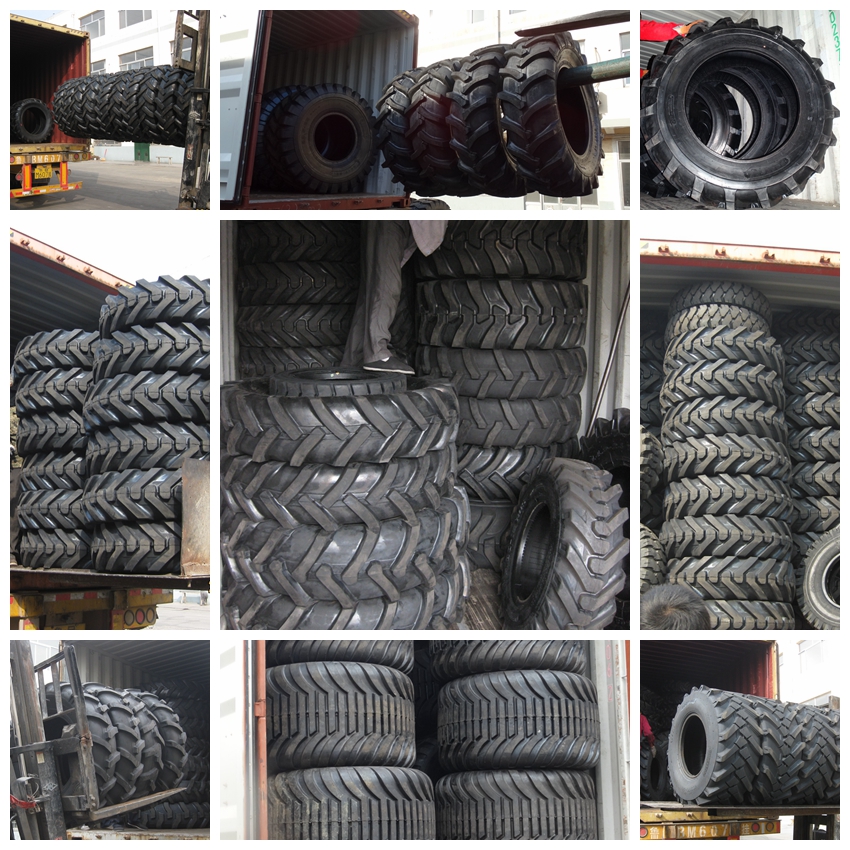
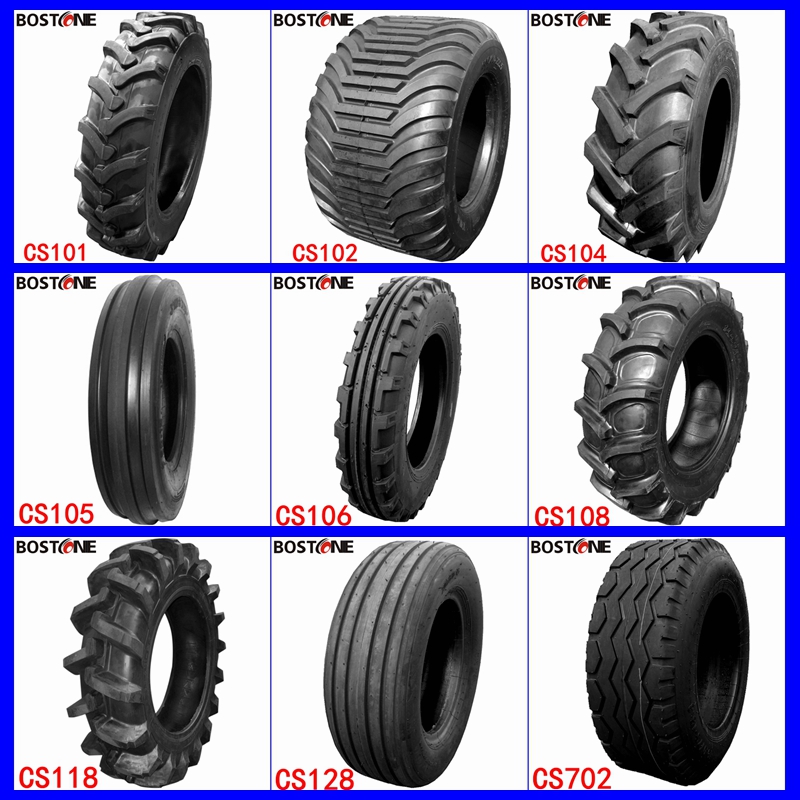
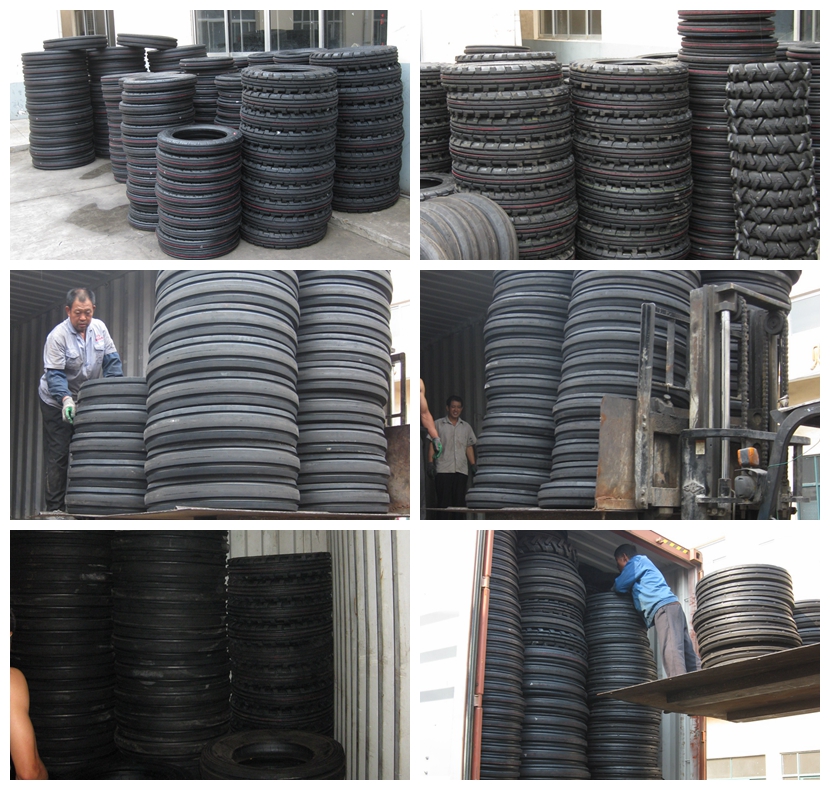
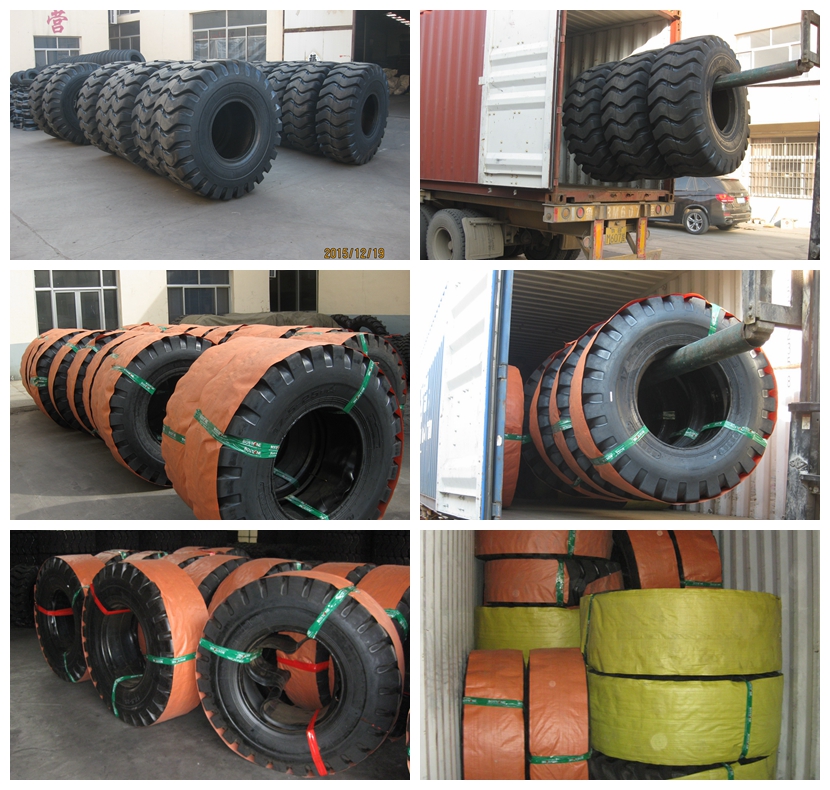
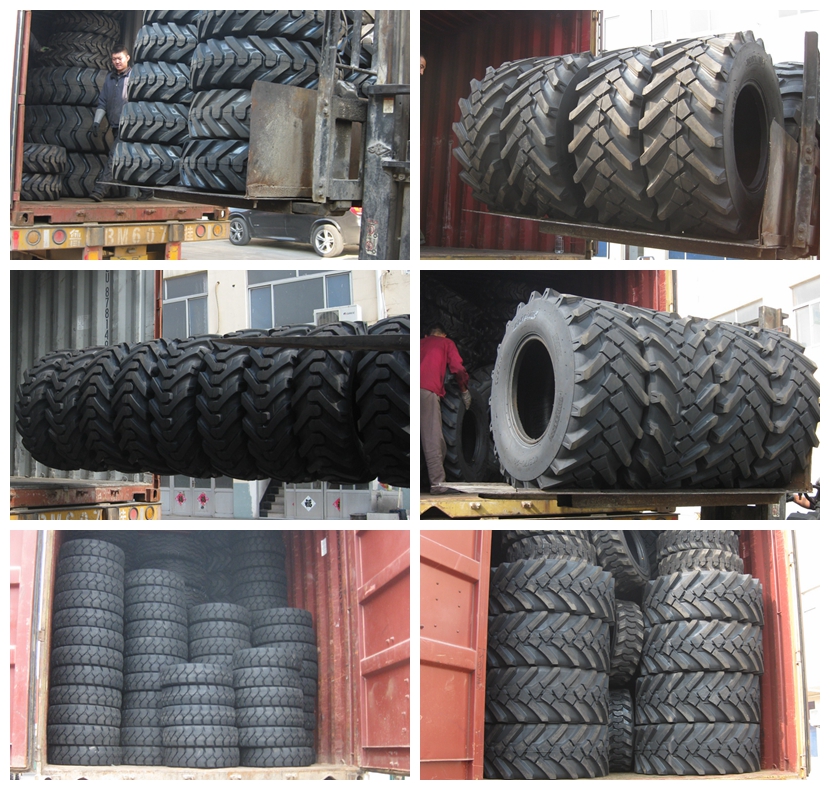
tires at farm and fleet---FAQs Guide
1.What is the impact of ground temperature on tires at farm and fleet?
We continuously upgrade our skills and knowledge to adapt to changing tires at farm and fleet market needs.
Ground temperature can have a significant impact on tires. In cold temperatures, the rubber in tires becomes harder and less flexible, which can lead to decreased traction and increased wear. In hot temperatures, the rubber in tires becomes softer and more flexible, which can lead to increased traction but also increased wear. Additionally, extreme temperatures can cause tires to expand or contract, which can lead to uneven wear and decreased performance.
2.Why do some tires at farm and fleet have white letters on them, while others do not?
We are a new tires at farm and fleet manufacturer. White lettering on tires is a style choice. Some tires come with white lettering on the sidewall, while others do not. The white lettering typically indicates the tire's size and load rating. Some people prefer the look of white lettering, while others prefer the look of a plain black sidewall.
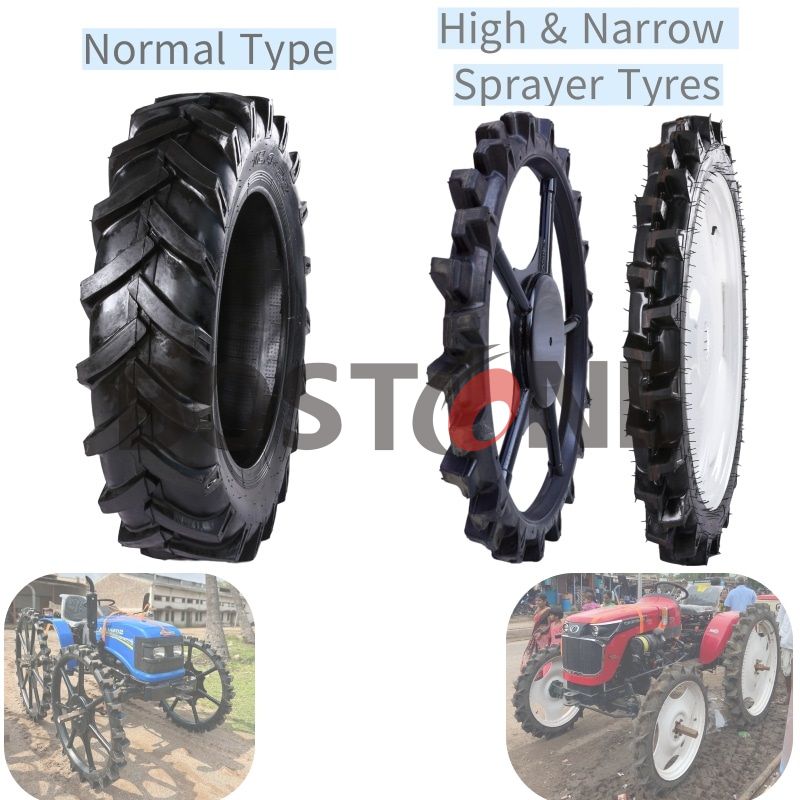
3.How does the tires at farm and fleet contribute to overall handling and stability, especially during cornering and at high speeds?
We adhere to the principle of integrity and transparency, and establish long -term relationships with partners, and we attach great importance to this detail.
Tires play a major role in overall handling and stability, especially during cornering and at high speeds. Tires provide grip and traction, which helps the vehicle to maintain control and stability when cornering and at high speeds. Tires also help to absorb road shocks and vibrations, which helps to reduce the amount of body roll and improve the overall ride quality. Additionally, tires help to disperse water on wet roads, which helps to reduce the risk of hydroplaning and improve overall safety.
4.About tires at farm and fleet, can you design the tyres I want?
Of Course. Once Give Us Your Design Requirements, Free Design and Technica Support.
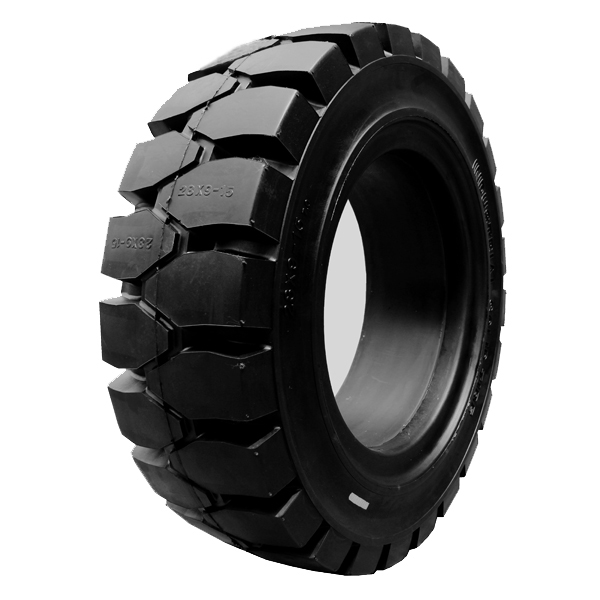
5.What is the lifespan of a tires at farm and fleet?
We maintain a certain amount of R&D investment every year and continuously improve operational efficiency to provide better services to our cooperative customers. The lifespan of a tire depends on a variety of factors, including the type of tire, the amount of use, and the conditions in which it is used. Generally, a tire can last anywhere from 25,000 to 50,000 miles.
6.What does the speed level and load index of a tires at farm and fleet mean?
We enjoy high authority and influence in the industry and continue to innovate products and service models.
The speed level and load index of a tire refer to the maximum speed and load capacity of the tire. The speed level is indicated by a letter, with each letter representing a different speed rating. The load index is indicated by a number, with each number representing a different load capacity. Together, the speed level and load index provide information about the maximum speed and load capacity of the tire.
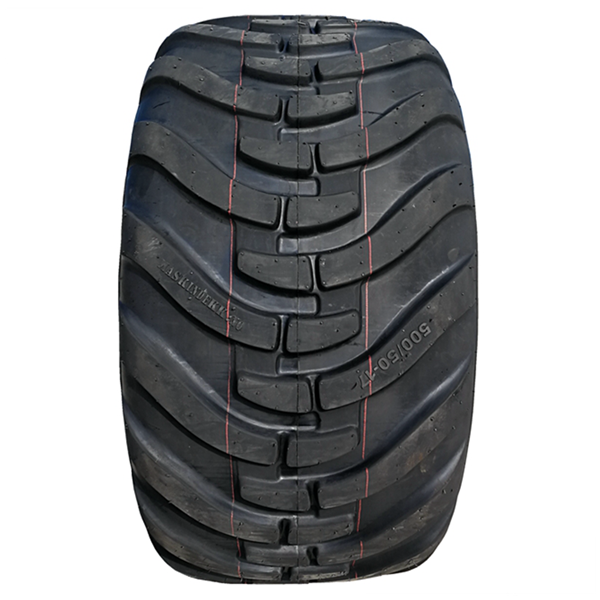
7.How can tires at farm and fleet improve vehicle fuel consumption?
We focus on providing high quality tires at farm and fleet products and services. Tires can improve vehicle fuel consumption by reducing rolling resistance. Rolling resistance is the force that resists the motion of a tire when it is rolling on a surface. Tires with lower rolling resistance require less energy to move, which translates to improved fuel economy. Additionally, properly inflated tires can also help improve fuel economy.
8.What are winter tires at farm and fleet? What is the difference from other tires at farm and fleet?
We continue to improve tires at farm and fleet products and processes to improve efficiency.
Winter tires are tires specifically designed for use in cold weather and icy conditions. They are made from a softer rubber compound that remains flexible in cold temperatures, allowing for better grip on snow and ice. Winter tires also have a deeper tread pattern that helps to provide better traction in slippery conditions. The tread pattern also helps to disperse slush and water, reducing the risk of hydroplaning. Winter tires are designed to provide better performance in cold weather than all-season or summer tires.
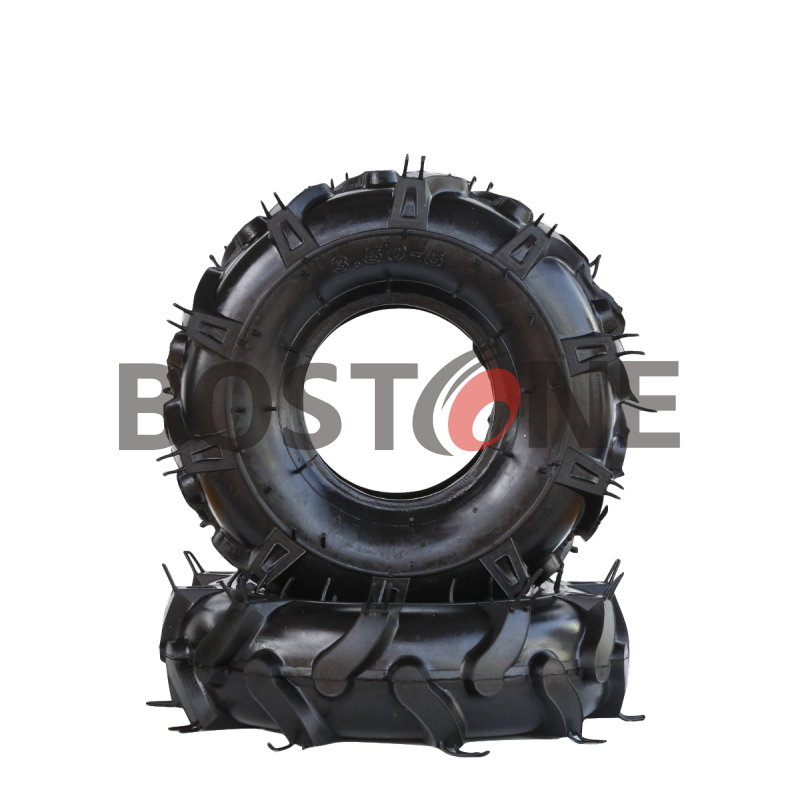
9.About tires at farm and fleet, do you test all your goods before delivery?
Yes, we have 100% test before delivery
10.How strong is the grip of the tires at farm and fleet?
We maintain a stable growth through reasonable capital operations, focus on industry development trends and cutting -edge technologies, and focus on product quality and safety performance.
The strength of the grip of a tire depends on the type of tire and the conditions of the road. Generally, tires with a higher tread depth and softer rubber compounds will provide better grip on wet and slippery surfaces.
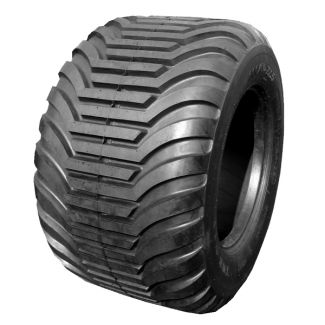
11.What is the impact of tires at farm and fleet material on performance?
We focus on innovation and continuous improvement to maintain a competitive advantage.
The material of a tire can have a significant impact on its performance. Different materials can affect the tire's grip, handling, and durability. Soft rubber compounds provide better grip and handling, but wear out faster. Harder rubber compounds provide less grip and handling, but last longer. The type of tire material used can also affect the tire's rolling resistance, which can affect fuel economy.
12.How to operate tires at farm and fleet replacement?
Our tires at farm and fleet products undergo strict quality control to ensure customer satisfaction.
1. Lift the vehicle with a jack and secure it with jack stands.
2. Remove the wheel cover or hubcap, if applicable.
3. Loosen the lug nuts with a lug wrench.
4. Raise the vehicle with the jack and remove the lug nuts.
5. Pull the wheel off the vehicle and set it aside.
6. Remove the old tire from the wheel.
7. Place the new tire on the wheel and secure it with the lug nuts.
8. Lower the vehicle and tighten the lug nuts with the lug wrench.
9. Replace the wheel cover or hubcap, if applicable.
10. Lower the vehicle and remove the jack stands.
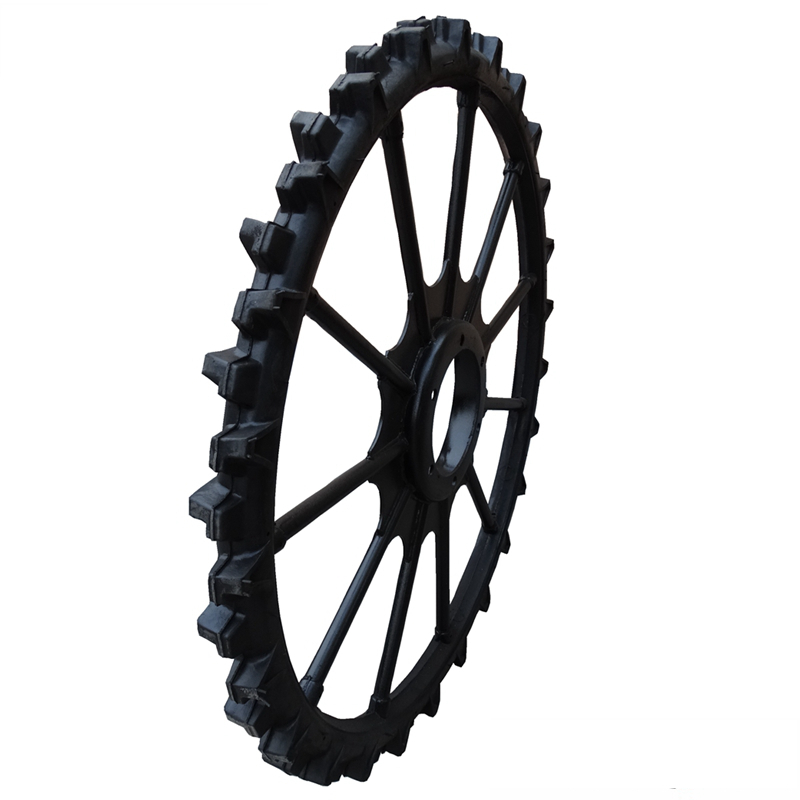
13.How to interpret the identification and coding of $keyworrd{1?
I have a comprehensive after -sales service system, which can pay attention to market trends in time and adjust our strategy in a timely manner. The identification and coding of tires is a system used to identify the type, size, and other characteristics of a tire. It is typically composed of a series of letters and numbers that provide information about the tire's construction, size, load capacity, speed rating, and other features. By interpreting the code, you can determine the type of tire, its size, and other important characteristics.
14.How to deal with old tires at farm and fleet?
We have advanced production equipment and technology to meet the needs of customers, and can provide customers with high quality, low priced tires at farm and fleet products.
1. Recycle: Many tire retailers and auto shops offer tire recycling services. You can drop off your old tires and they will be recycled into new products such as playground surfaces, rubber mulch, and more.
2. Reuse: If your tires are still in good condition, you can donate them to a local charity or organization that can use them for projects.
3. Repurpose: Old tires can be repurposed into planters, furniture, and other creative projects.
4. Dispose: If your tires are too worn out to be reused or recycled, you can take them to a local landfill or hazardous waste facility for proper disposal.
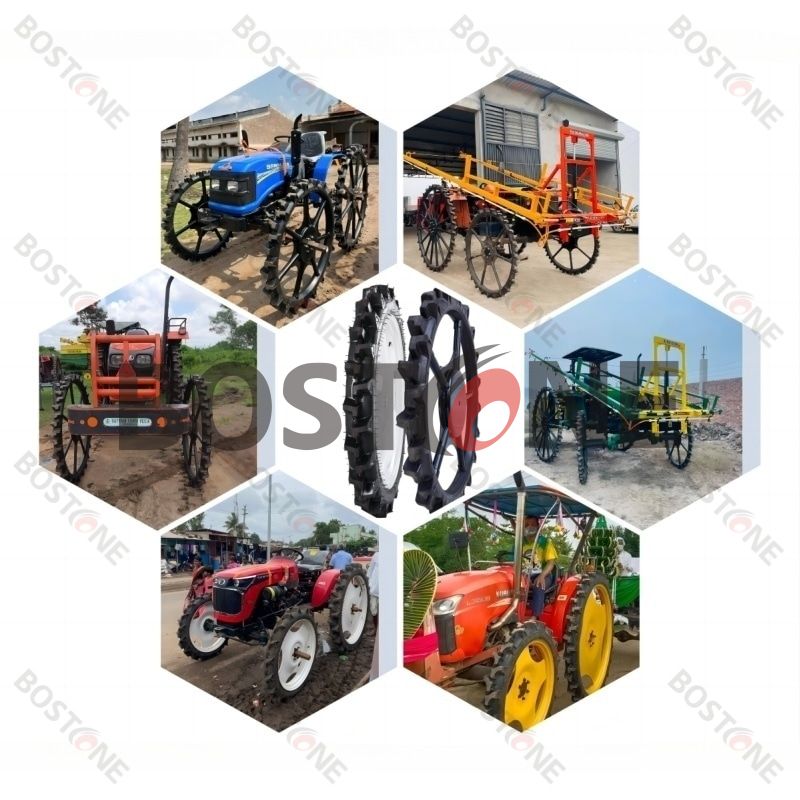
15.How to check the degree of tires at farm and fleet wear?
We should enjoy a good reputation in the industry, and we can increase the added value of the products of cooperative customers through technological innovation.
1. Visual inspection: Look for signs of uneven wear, such as bald spots, cupping, or scalloping.
2. Tread depth gauge: Measure the depth of the tread with a tread depth gauge. The minimum legal tread depth is 1/16 of an inch.
3. Penny test: Insert a penny into the tread with Lincoln’s head facing down. If you can see the top of Lincoln’s head, the tread is too shallow and the tire should be replaced.
Tags:yard sprayer on wheels,solid skid steer tires for sale,bobcat 863 tires,cheap farm tractor tires